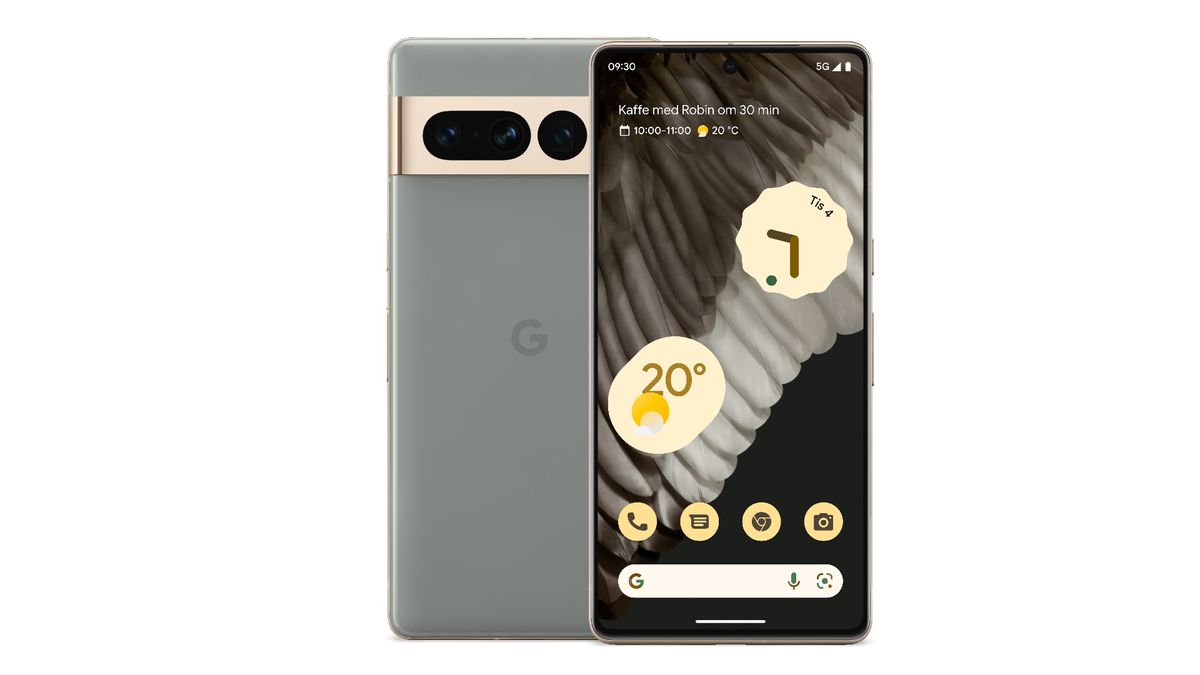Velma, Vampires, and Viewers: Streaming Is Re-Queering the Past
The Monitor is a weekly column devoted to everything happening in the WIRED world of culture, from movies to memes, TV to Twitter.
Velma, dear reader, has always been a lesbian. Yes, it’s true that the “news” officially broke this week, via viral clips from the new animated film Trick or Treat Scooby-Doo!, but fans, particularly sapphic ones, have known this for decades. That’s how things go when you’re queer: If you don’t see yourself in what you’re watching, you find the character that feels closest to your sensibilities and identify with them. When enough people do the same thing, those characters become queer icons whether they were intended to or not. Fandom manifests it, so it is.
Except in the case with Velma. Scooby creators have been trying to out her for years. Even back in 2001, when James Gunn was making his live-action Scooby movie, he was trying to write Velma as gay, “but the studio just kept watering it down and watering it down.” Then, in 2020, Tony Cervone, supervising producer on the Mystery Incorporated series, posted an image of Velma in front of a Pride flag. “We made our intentions as clear as we could ten years ago,” he wrote in the Instagram caption, “Most of our fans got it. To those that didn’t, I suggest you look closer.”
Look closer. Interesting thing, that. It points to the differences between what was happening one, two, or three decades ago and what’s happening now. Perhaps it’s the calls for greater inclusion of LGTBQ+ characters, perhaps it’s just that streaming is giving directors and showrunners more room to develop stories, but this current moment is all about re-queering old narratives. Not necessarily turning formerly cishet characters queer, but taking ones formerly coded as LGBTQ+ and making their identity explicit.
Consider, if you will, Interview with the Vampire, the latest adaptation of Anne Rice’s iconic 1976 book, which launched this week on AMC and AMC+. (That’s pronounced AMC-positive in this context because blood. Don’t argue with me.) Vampires have always been queer, very much so; that’s basically the whole point of the metaphor—they’re like X-Men. Yet rarely is the subtext made explicit. True Blood did it. First Kill tried to. (RIP, First Kill.) But with Interview, not only are Louis de Pointe du Lac (Game of Thrones’ Jacob Anderson) and Lestat de Lioncourt (Sam Reid) actual lovers in an actual relationship, they also speak earnestly about the realities of being queer in New Orleans in 1910. Rice’s novel never directly addressed queer identity, but it was definitely a romance. The 1994 film adaptation—you know, the one where Brad Pitt, Tom Cruise, and Kirsten Dunst put a macabre twist on My Two Dads—was campy, but balked at depicting actual homosexuality. AMC’s Interview is just as campy, and Louis and Lestat bone before the end of the pilot.
See also: A League of Their Own. Queer people have loved Penny Marshall’s 1992 film about the All-American Girls Professional Baseball League (AAGPBL) for decades, despite the fact that it has no LGBTQ+ characters. Amazon’s new series about the AAGPBL, cocreated by and starring Broad City’s Abbi Jacobson, has almost too many to count. While none of its characters are the same as those in Marshall’s film, each one feels like the manifestation of what fans wished her ballplayers were. Ideas that were simply coded into the 1992 film, or projected on to it, are made real in its new incarnation.
The new show also rewrites a previous erasure. This past June, Maybelle Blair, who played in the AAGPBL and served as a consultant on Amazon’s A League of Their Own, showed up at the series premiere at the Tribeca Film Festival. It was there that she came out publicly for the first time. Blair, who is 95, said she’d been hiding for “75, 85 years.” The League that played in 1992 didn’t reflect her story; the one in 2022 does. Velma would be proud.


